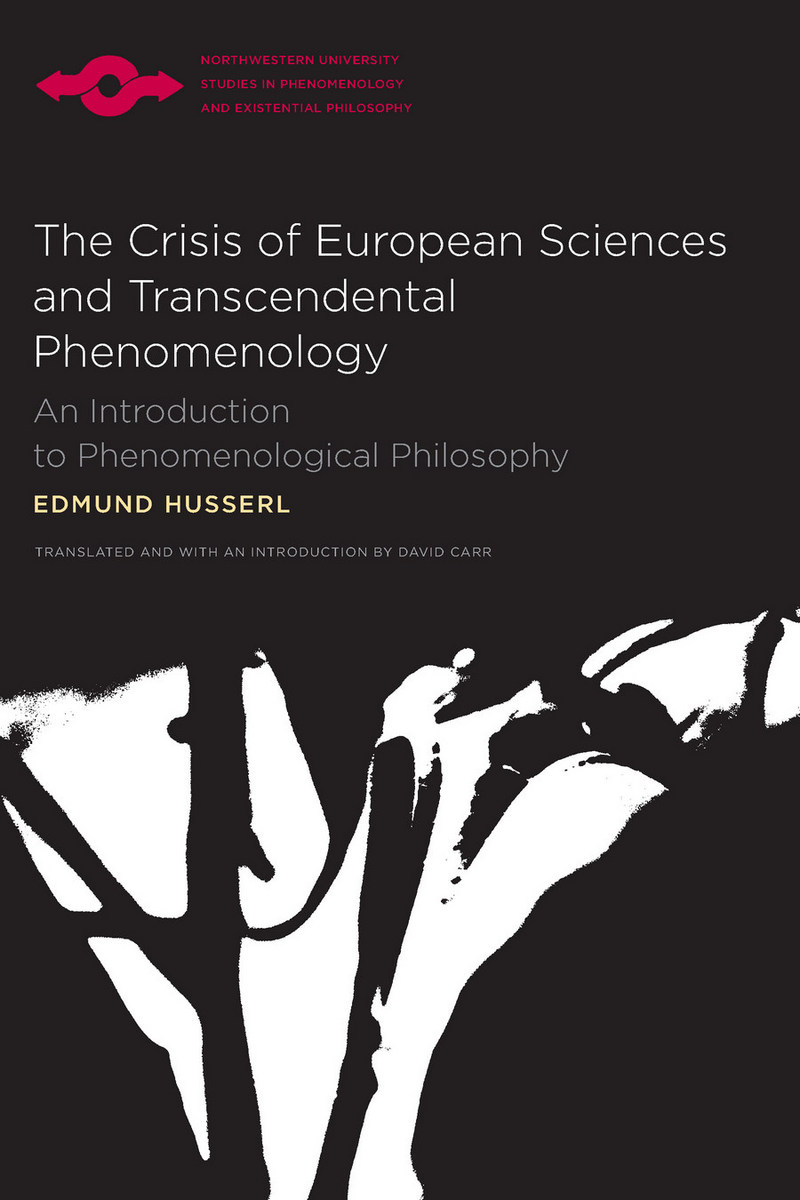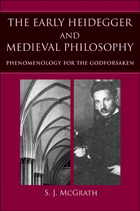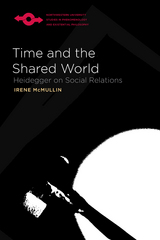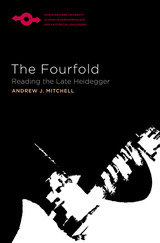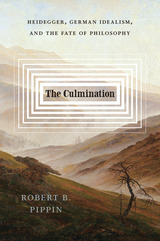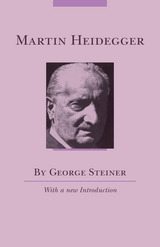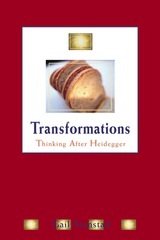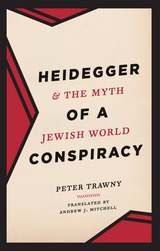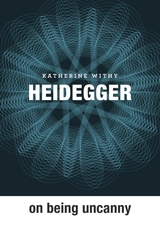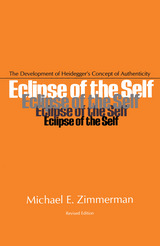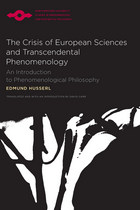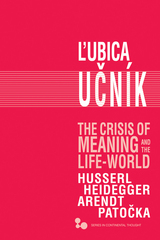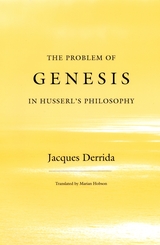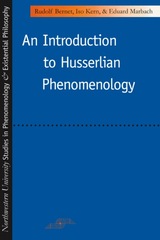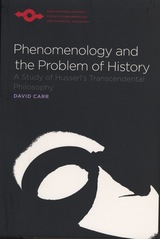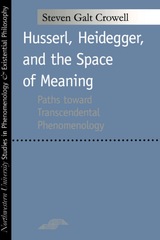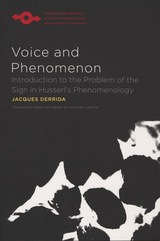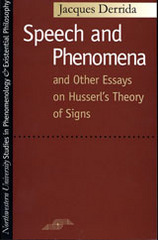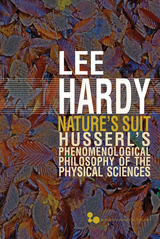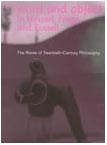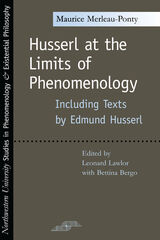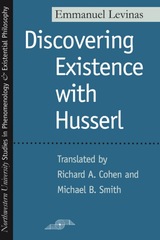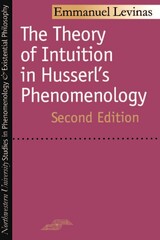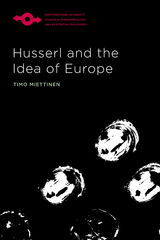Crisis of European Sciences and Transcendental Phenomenology
Northwestern University Press, 1970
eISBN: 978-0-8101-6798-8 | Paper: 978-0-8101-0458-7 | Cloth: 978-0-8101-0255-2
Library of Congress Classification B3279.H93K73
Dewey Decimal Classification 142.7
eISBN: 978-0-8101-6798-8 | Paper: 978-0-8101-0458-7 | Cloth: 978-0-8101-0255-2
Library of Congress Classification B3279.H93K73
Dewey Decimal Classification 142.7
ABOUT THIS BOOK | AUTHOR BIOGRAPHY | TOC | REQUEST ACCESSIBLE FILE
ABOUT THIS BOOK
The Crisis of European Sciences and Transcendental Phenomenology, Husserl's last great work, is important both for its content and for the influence it has had on other philosophers. In this book, which remained unfinished at his death, Husserl attempts to forge a union between phenomenology and existentialism.
Husserl provides not only a history of philosophy but a philosophy of history. As he says in Part I, "The genuine spiritual struggles of European humanity as such take the form of struggles between the philosophies, that is, between the skeptical philosophies--or nonphilosophies, which retain the word but not the task—and the actual and still vital philosophies. But the vitality of the latter consists in the fact that they are struggling for their true and genuine meaning and thus for the meaning of a genuine humanity."
Husserl provides not only a history of philosophy but a philosophy of history. As he says in Part I, "The genuine spiritual struggles of European humanity as such take the form of struggles between the philosophies, that is, between the skeptical philosophies--or nonphilosophies, which retain the word but not the task—and the actual and still vital philosophies. But the vitality of the latter consists in the fact that they are struggling for their true and genuine meaning and thus for the meaning of a genuine humanity."
See other books on: Carr, David | Crisis | Husserl, Edmund | Philosophy, Modern | Transcendental Phenomenology
See other titles from Northwestern University Press
